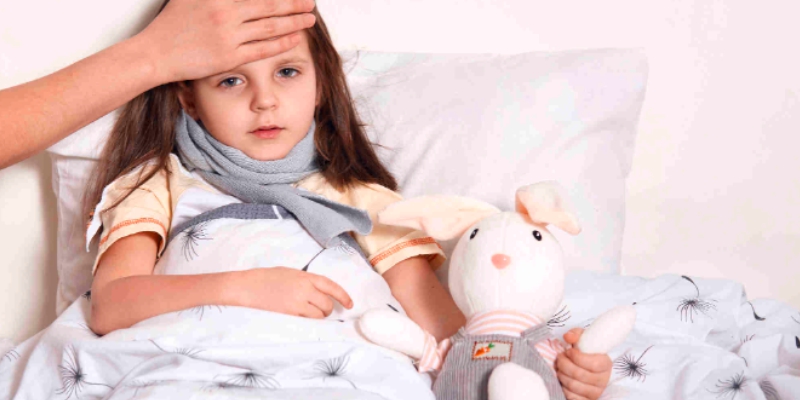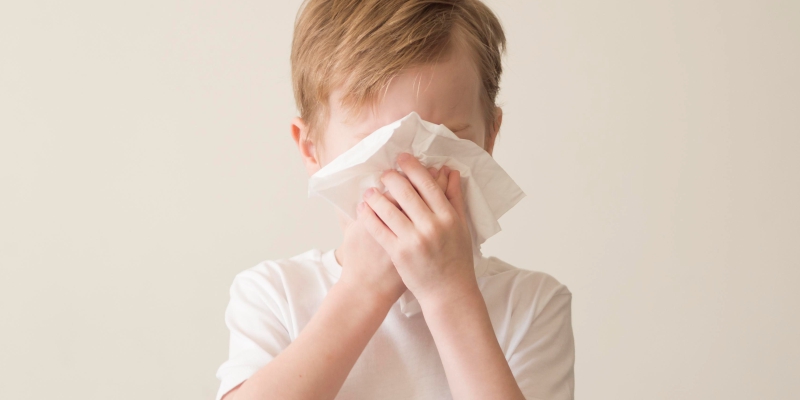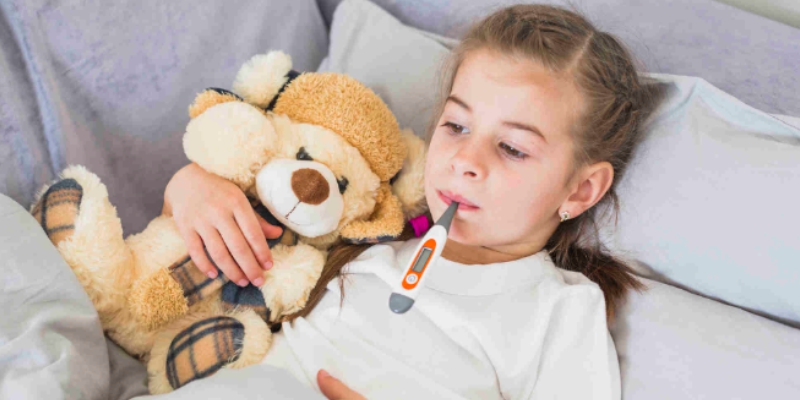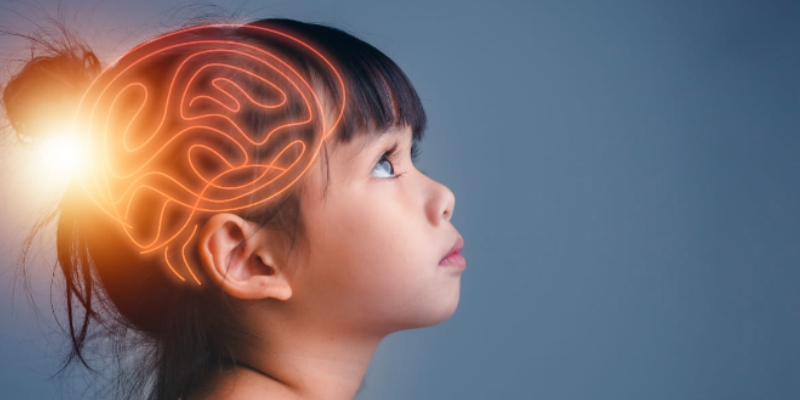Author: Dr. Surender Kumar, MBBS, Diploma in Child Health (DCH), DNB – Paediatrics
Consultant – Pediatrician & Neonatologist at Motherhood Hospital, Gurgaon.
Introduction:
In an era defined by screens and smartphones, the pervasive presence of technology in children’s lives raises important questions about its impact on their health and development. From a medical standpoint, understanding how technology influences child development is crucial for promoting optimal growth and well-being.
1. Vision Health:
Extended usage of screens by young people can cause eye strain and a variety of vision-related problems. Children’s screen time should be restricted, according to the American Academy of Pediatrics, to prevent myopia, dry eyes, and digital eye strain. Regular pauses, keeping a suitable viewing distance, and having enough illumination can all help reduce the risk of eye strain that comes with using screens too often. Eye care – should follow the 20/20/20 rule look away from the screen every 20 minutes,focus on an object at least 20 feet away, for at least 20 sec, and follow the 1,2,10 rule i.e, keep the screen like a Mobile phone at 1 feet away, desktop and laptop at 2 feet and tv screen at 10 feet.
2. Sleep Disruptions:
Children’s sleep habits might be disturbed by screen time, especially right before bed. Device blue light inhibits the production of melatonin, the hormone that controls sleep-wake cycles, making it harder to fall asleep and resulting in less restful sleep. Creating tech-free zones in bedrooms and instituting screen-free nighttime habits can enhance general well-being and improve sleep hygiene.
3. Physical Activity:
Overindulgence in screens frequently takes the place of physical activity, which promotes sedentary behavior and raises the risk of obesity and associated health problems. Children who spend more time in front of screens are less likely to play actively and participate in outdoor activities, which has a detrimental effect on their development of muscles, cardiovascular health, and general fitness. Promoting a healthy lifestyle requires limiting screen time and encouraging frequent breaks for exercise.
4. Cognitive Development:
Even though technology can be beneficial for schooling, too much screen time can harm kids’ cognitive development. According to research, using digital gadgets excessively is linked to concentration issues, poor academic performance, and delays in language development. It’s essential to strike a balance between screen time and other stimulating pursuits like reading, creative play, and hands-on learning to promote academic achievement and cognitive development.
5. Mental Health:
Concern over how technology affects children’s psychological development is growing. Children who spend too much time on screens are more likely to have anxiety, despair, and behavioral issues. Use of social media in particular can worsen loneliness, inadequacy, and cyberbullying sentiments, all of which have a detrimental effect on mental health. Encouraging transparent communication, keeping an eye on digital activities, and supporting constructive coping mechanisms are crucial for protecting children’s mental health in the digital age.
Conclusion:
Even though technology has many positive effects, moderation, balance, and parental supervision are crucial given the negative effects technology has on children’s development from a medical standpoint. We can guarantee that children flourish in today’s digital world while preserving their long-term health and well-being by emphasizing healthy tech habits, encouraging physical activity, and fostering holistic development.
At Motherhood Hospitals, we have a team of experienced supers specialists backed by the latest infrastructure and facilities. We have the best pediatricians in Gurgaon. We are experts in handling complex deliveries, gynecological, and other surgeries including a range of laparoscopic surgeries.
Do make an appointment with the best women’s care hospital in Gurgaon at a center closest to you. Meet with our doctors who will carry out the required investigations, diagnose the issue, and recommend the most appropriate treatment, enabling you to lead an active life.
If you wish to get in touch with Dr. Surender Kumar, please book your appointment here.


 Toll Free Number
Toll Free Number
















